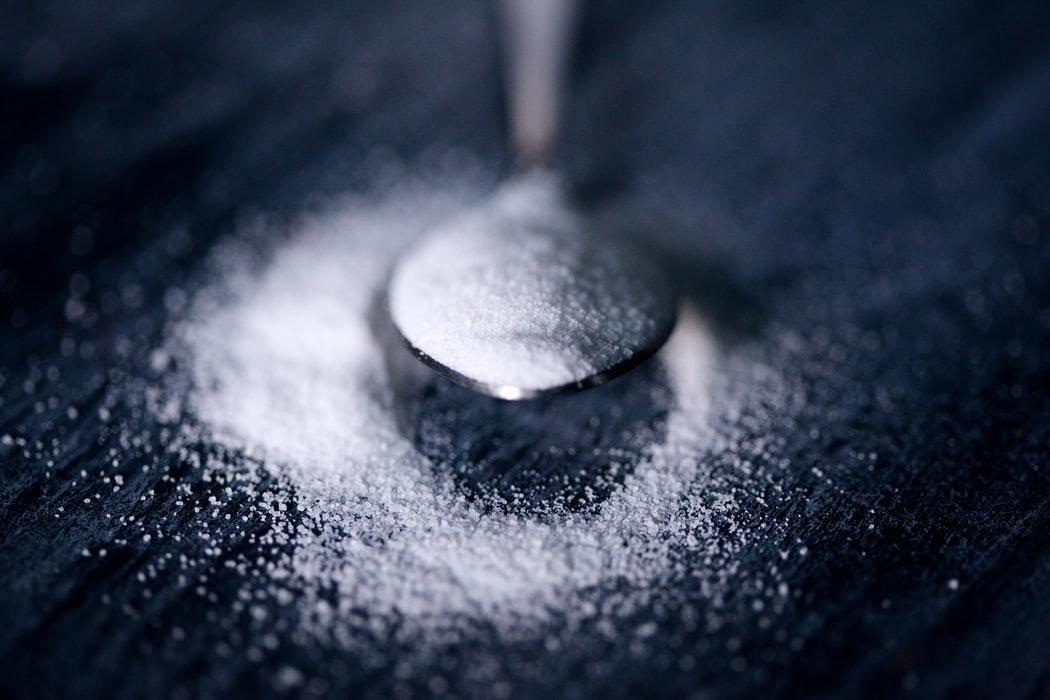
Inulin sensitivity, you may have heard of the phrase before, but what does it mean? In this topic, we’ll discuss the meaning of insulin sensitivity, how improving it can benefit you, and ways to do so. Insulin’s role is protective of the whole so that body parts can rebuild and maintain integrity of internal systems as well as keep energy stores at an optimum and safe level. Insulin is an anabolic hormone, meaning it’s essential in growth. Sounds like great news if your goal is to increase muscle mass?. However, due to these anabolic properties it also affects fat cells. Once insulin is released, it ‘pushes’ the glucose from the blood into the areas that need it most, that is the fat, liver, and muscle cells.
You may or may not know this, but our bodies primary fuel source is fat, which makes sense if you think about it. That is why our bodies store so much of it so we can tap into that fuel source if needed. Most of the internal functions bar the brain (around 25% of glucose utilization) requires fat as fuel. Essential fatty acid and essential amino acids are required for life, whereas carbs are used as an energy boost. If we think of a race car, the main fuel tank would be the equivalent to our fat, and carbs would be the ‘turbo booster’. This turbo booster requires much less fuel than the main tank as it will only be used when really needing to push.
The liver and the muscle can hold a lot less glycogen (what glucose is transformed into when in cells) than you may think, depending on how much lean muscle mass you have the total capacity is between 177-250g daily. Now for your average Joe (no offence Joe), who sits at a desk all day and maybe gets in a jog or two a week, they will almost definitely be over-exceeding this amount. If muscle and liver glycogen stores are full, insulin pushes excess glucose into fat cells. By continuously eating high carbohydrate foods and if you are predominately sedentary (this is different if you are highly active), your bodies insulin response becomes stronger and stronger. Apart from the risk of developing type 2 diabetes, your body becomes a stubborn fat burner as it is becomes accustomed to shuttling glycogen into the fat stores. Although calories in vs calories out is the main reason for weight loss, if you put two individuals with the same body type next to each other, one consumes 2000 calories or protein and the other 2000 calories of carbs over a period of time, they would most definitely look a lot different (we are not saying to test out eating just 2000 calories of protein a day, just an example!).
Everybody has a unique set insulin sensitivity level which is governed by many internal factors that can be measured by determining your metabolic type. Despite this, there are way in which to improve insulin sensitivity below are some:
- Regularly getting a minimum of 7 hours sleep – poor sleep has been linked to poorer insulin sensitivity levels.
- Aerobic and resistance training – When you exercise, a higher number of GLUT4 translocate to muscle cells as compared to fat cells – resulting in a better ability to store glucose in muscle tissue without the presence of insulin.
- Drink green tea or take a green tea extract supplement – Similar to exercise, green tea significantly reduces glucose uptake by fat tissue, and significantly stimulates glucose uptake in muscle. Green tea improves insulin sensitivity by increasing GLUT4 translocation in muscle tissue.
- Increase fibre intake – Increasing insoluble dietary fibre intake for 3 days significantly improves whole-body insulin sensitivity. Adding fibre to your meals lowers the glycaemic index of your meal, which will in turn increase insulin sensitivity and slow down the release of glucose into the bloodstream.
- Avoid trans fats – Trans fats cause impaired insulin binding to insulin receptors, resulting in decreased insulin sensitivity.
- Limit fructose – Fructose is metabolized by the liver. Exposing the liver to large quantities of fructose leads to the rapid stimulation of fat formation and triglyceride accumulation, which in turn contributes to reduced insulin sensitivity. By fructose we don’t mean natural fruits, avoid excessively consuming processed foods that have added fructose to sweeten and limit fruit juices, and you should be safe from the detrimental effects of fructose.
- Increase vitamin E intake – Vitamin E is a fat-soluble antioxidant that scavenges free radicals. People that have low vitamin E concentrations in their blood have a higher risk of insulin resistance. Vitamin E is found in nuts and seeds.
- Add cinnamon to your diet- Cinnamon can increase insulin sensitivity and lower blood glucose levels.
- Limit high-glycaemic food (unless post workout) – The constant bombardment of insulin on your cells causes them to become insensitive to insulin’s effects over time – meaning more and more insulin is needed to achieve a similar result. Eating a low-glycaemic diet can improve glucose uptake and increase your insulin sensitivity.
Like mentioned previously, although energy in vs energy out is the main way to lose body weight, increasing insulin sensitivity will help increase overall health and fitness goals!